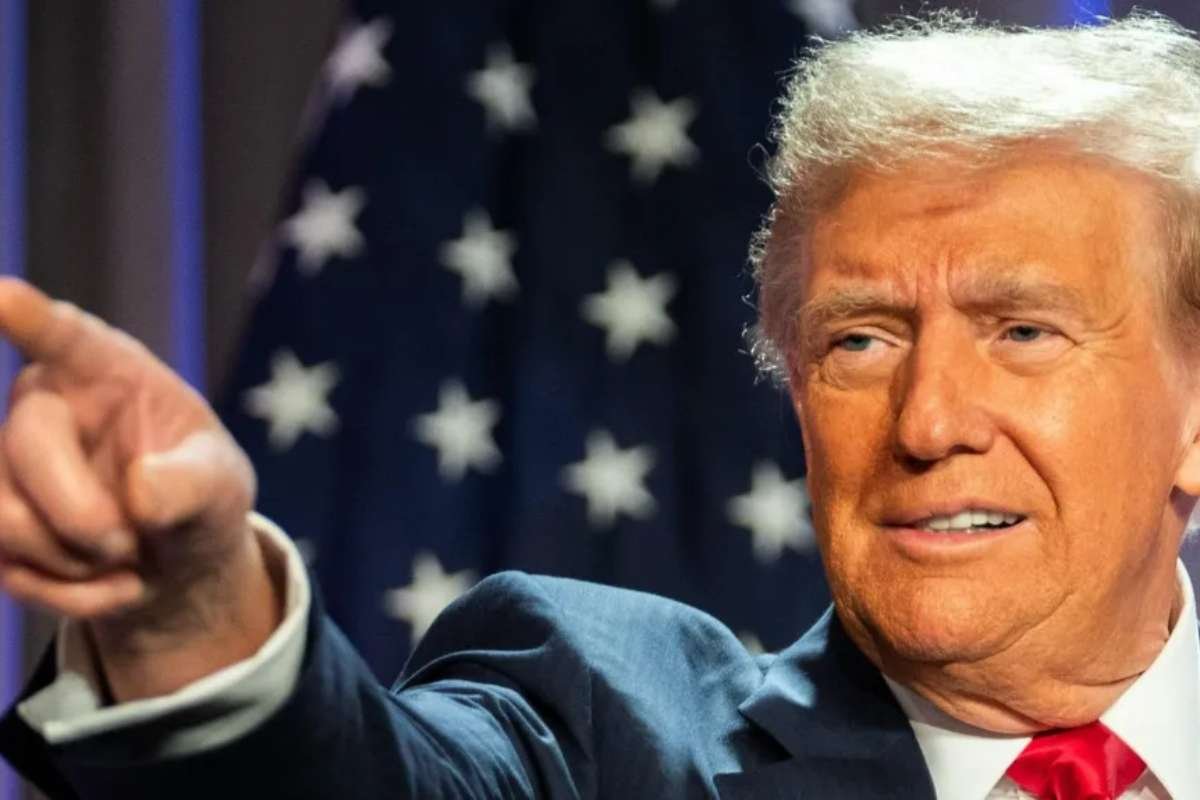Economic Policies Take Center Stage
The confirmation hearings for three of President-elect Donald Trump’s Cabinet nominees on Thursday underscored the administration’s ambitious domestic and economic plans. Scott Bessent, nominated for Treasury, Doug Burgum for Interior, and Lee Zeldin for the Environmental Protection Agency (EPA) presented their visions before the Senate, emphasizing Trump’s economic priorities. The discussions provided a glimpse into the legislative battles expected this year concerning tax policies, spending, and environmental regulations.
Bessent, advocating for the permanence of the 2017 tax cuts, described these as crucial to preventing a substantial tax increase on middle- and working-class Americans. He cautioned about the dire consequences of allowing these cuts to expire, which would significantly affect deductions and credits for families. Highlighting fiscal responsibility, Bessent called for spending cuts rather than increased revenues to address the federal deficit. His stance drew criticism from Democrats, who challenged the administration’s proposed tariffs, arguing they would burden American workers and businesses.
Energy and Environmental Issues in Focus
Doug Burgum, a former governor of North Dakota, emphasized Trump’s commitment to “energy dominance” during his hearing. He pledged adherence to the law and Constitution while promoting energy innovation over-regulation. Burgum assured the Senate of his intention to foster energy production that benefits American families by reducing inflation and energy costs.
Lee Zeldin’s testimony at the EPA hearing focused on climate change and regulatory policies. While acknowledging the reality of climate change, Zeldin avoided committing to strict regulatory measures. He refrained from firmly supporting the EPA’s obligation to regulate greenhouse gases, despite Supreme Court rulings allowing such measures. Zeldin’s position hinted at a potential rollback of the Biden administration’s environmental regulations, aligning with Trump’s Cabinet nominees campaign promises. His approach drew scrutiny from both Republican and Democratic senators, particularly regarding future oversight and the possible reversal of existing vehicle emission standards.
Debates Over Fiscal Responsibility and Climate Policy
The hearings also spotlighted the partisan divide over economic and environmental strategies. Democrats, led by Senator Ron Wyden, pressed Bessent on the financial burden of Trump’s tariff policies, suggesting these measures would hurt domestic consumers and businesses. Bessent defended the tariffs, asserting they would not significantly increase consumer prices due to currency adjustments.
Zeldin faced intense questioning on the EPA’s role in combating climate change. He maintained a cautious stance, emphasizing economic considerations over aggressive regulatory actions. His reluctance to fully endorse the EPA’s regulatory authority reflected broader Republican skepticism towards expansive environmental mandates.
These hearings set the stage for contentious legislative debates in Congress, with Trump’s Cabinet nominees advocating for policies that promise economic growth and reduced regulation. However, their proposals are likely to face stiff opposition from Democrats concerned about the potential social and environmental costs. The discussions highlighted the significant policy shifts expected under Trump’s leadership, which will shape the U.S. domestic agenda in the coming years.










